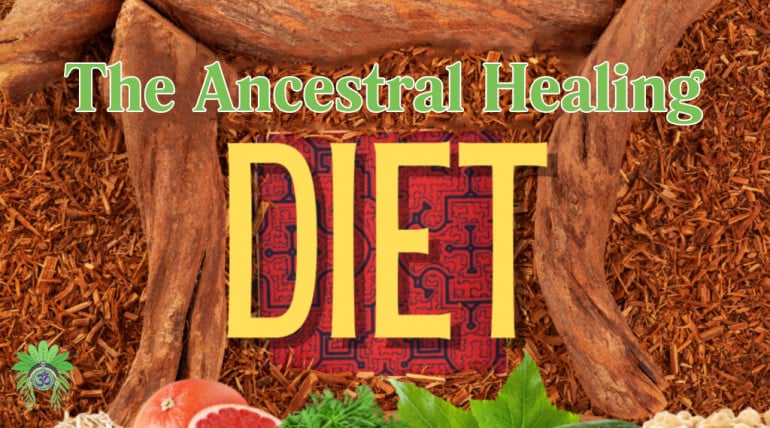You know, in everyday conversations, judgments tend to get a bad rap. We’ve all heard phrases like “You’re being overly judgmental,” or the ever-relatable “Are you judging me?” It’s all part of being human, isn’t it? We can’t escape judgments, but it’s important to realize that not all judgments are created equal. There’s a crucial distinction between potentially harmful, opinionated statements (which might come off as judgmental) and what we can call discernment.
Decoding Judgment and Discernment
Now, discernment, it’s a bit like judgment’s quirky cousin. It may bear a resemblance, but it walks a different path. Let’s dive into the dictionary, shall we? Definitions have a way of shedding light on things.

Judgment
Cambridge Dictionary defines judgment as “a decision or opinion about someone or something that you form after thinking carefully.” It’s like a dance for the ego, a charade of being superior or inferior to someone or something else. It assumes that the person making the judgment has the authority to decide what’s good or bad, not just from their perspective, but from some imaginary pedestal. Often, it springs forth impulsively, driven by emotion or perhaps a smidge of prejudice. We all know how it feels to be on the receiving end of judgment – it sticks, like tape, and can nag at us for days, even years.
Discernment
Now, discernment, that’s a different game altogether. It’s about making deliberate distinctions, about seeing things as they truly are. True discernment seeks insight and understanding, rather than flinging criticism and accusation like confetti. In this realm, what truly matters is your internal emotional state – how you genuinely feel.
Ever find yourself wondering if you’re in the realm of discernment or judgment? Well, it’s all in the source. Are your words flowing from a tranquil, compassionate spring, or are they bubbling up from a pot of anger, insecurity, or obstinacy?
Untangling Misconceptions
Let’s not write off judgment entirely. It’s a tool in our kit of critical thinking, after all. We need it to navigate the maze of our daily lives. The trick lies in how we wield it.
Being anti-judgmental isn’t an eviction notice for discernment. It’s an invitation to approach it with an open heart and mind. It’s like having a filter that sieves out the unnecessary negativity. So, when judgment does rear its head, it’s done with empathy and understanding. This way, we’re not just making better decisions for ourselves, we’re also cultivating a garden of compassion for those around us. It’s a win-win, really.

Real-Life Applications
Sure, at first glance, judgment and discernment might seem like siblings. But it’s the current that propels them that sets them apart.
A lot of us don’t delve deep into this because we’re so entangled in our reactive, judging minds. It’s like a reflex. Our minds go, “What a mistake!” “How could they do that?” “That’s just silly!” We’ve been wired this way. And in that moment, we slam the door on other perspectives. We’ve made our judgment, and that person, thing, belief, whatever it is, gets the label of “wrong” or “bad.” Often, this comes from a place of insecurity, fear, envy, or just plain not knowing any better.
Shifting from Judgment to Discernment: Three Simple Steps

So, here’s the rub: if we were truly secure in our ability to discern, we wouldn’t feel the need to criticize. Here are three simple steps to steer clear of judgment:
Step One: Illuminating the Shadows
Spotting when we’re passing judgment is a transformative first step. It’s like flicking on a light in a dim room. Suddenly, things come into focus. Judgments can be quite sneaky. Sometimes, it’s those split-second decisions we make, or those sharp critiques we dish out without much thought. And let’s not forget about forming opinions based on just a sliver of the whole picture.
Once we catch ourselves in the act, we swing the door open to a world of growth and understanding. It’s akin to breaking free from a cycle. We grant ourselves the chance to pause, gather more information, and approach things with fresh eyes. It’s not about tossing judgment out entirely, but rather refining how we use it.
Step Two: Shifting Perspectives
When you find yourself in the thick of passing judgment, that’s your cue to hit the brakes and take a breather.
Dive a bit deeper. Ask yourself: What’s driving this judgment? Are there any biases at play?
Let’s not sugarcoat it, this shift demands time and some serious conscious effort. But let me tell you, it’s like unlocking a whole new level of understanding and compassion. It’s like upgrading your mindset.
Step Three: Embracing Discernment
Discernment is the glue that holds it all together. It fosters relationships, fuels self-awareness, and illuminates decision-making. Understanding the weight of discernment is a monumental stride toward personal growth and healing.
When we tap into discernment, it’s as though a new channel of connection with others is unlocked. We’re not just skimming the surface; we’re diving deep. That’s where true magic happens – in those moments of genuine understanding and compassion.
Steering Clear of Judgment’s Pitfalls
When judgment takes the steering wheel, it’s like putting a damper on relationships and slamming the door on opportunities. It’s like donning blinders in a world brimming with possibilities. This unchecked judgment can stunt our own growth and hinder us from truly connecting with the world around us.

Consider this: if we’re perpetually sizing up people and situations, we might be missing out on extraordinary connections and experiences. It’s like confining ourselves to a small corner of a sprawling playground. Reining in judgment unfurls a world of potential and allows us to embrace life with open arms.
So, every time you find yourself on the precipice of judgment, take a deep breath, relax, and transmute those negative thoughts into discernment.
Epilogue
In this dance between judgment and discernment, we unearth the essence of our humanity. It’s not about eradicating judgment, but rather refining it, allowing it to coexist harmoniously with discernment. In this delicate balance, we unearth a profound understanding of ourselves and others, weaving a tapestry of connection and compassion that enriches the very fabric of our existence.



